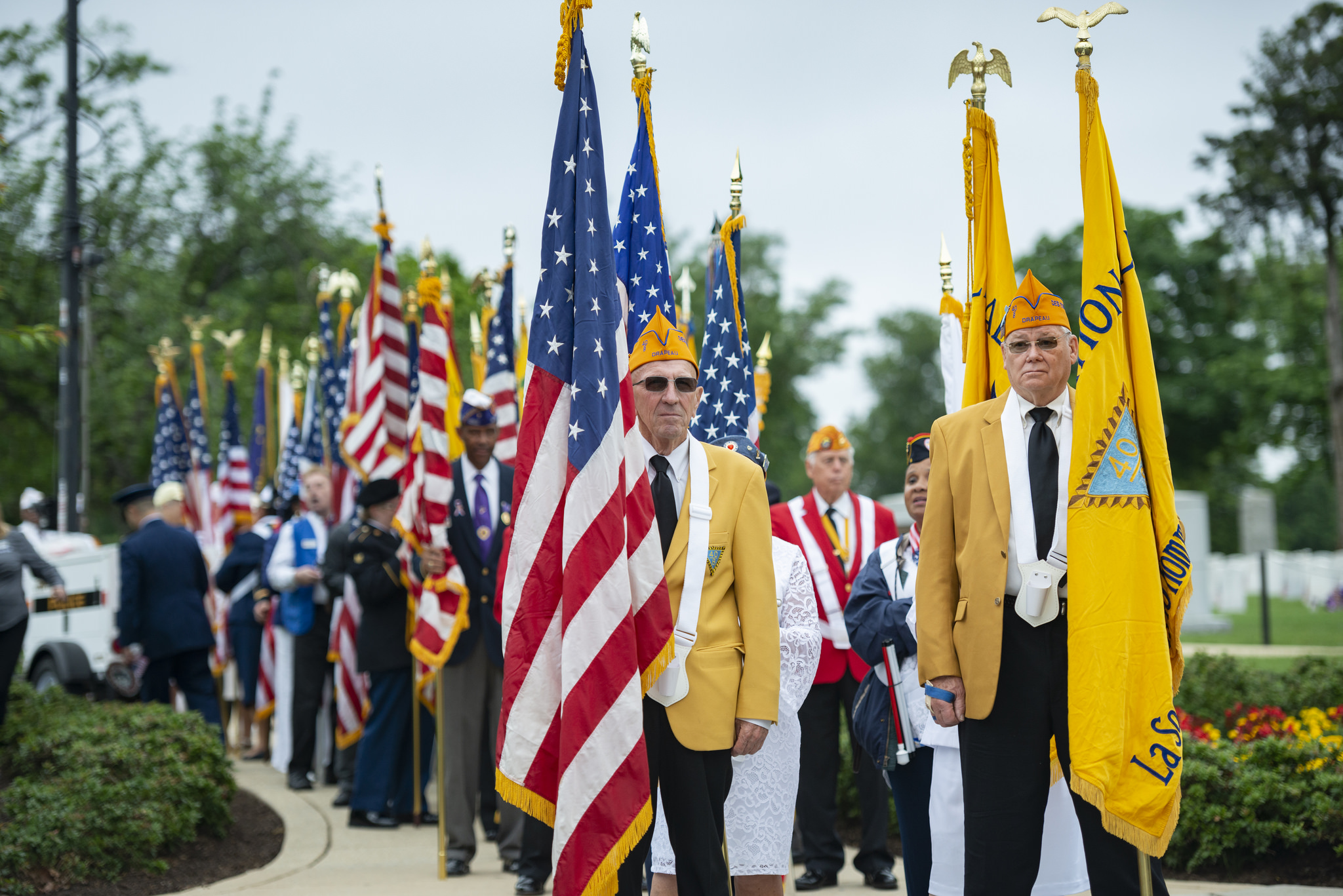That we have a crisis in fatherhood in American is as plain as the next crime committed by a young male, of any race, in any place, and without regard to the appalling nature of the crime.
In almost every case I know of, when a young male subject perpetrates a crime, there is a backstory that frequently reveals there was no father engaged in the life of the youthful criminal. A boy without a strong male role model in his life is hugely disadvantaged and increasingly likely to run afoul of the law.
To be sure there are many fine men who were raised without a father. That is a credit to their mothers. But I recall in the military that those without fathers found one in their Drill Instructor (DI).
Often, this DI was the first strong male figure in a young man’s life to confront him with high standards and motivate him to be successful.
No passive and soothing encouragement. No gold stars or happy-faced images. Just honest “tough love,” sometimes with colorful language that could peel the rust from a car muffler.
Yet not everyone requires a DI to be ushered into manhood. That’s why fathers are so vital, particularly those with a world view that embraces God and the founding vision of our nation. That includes an abiding sense of responsibility, obligations, and—yes—wholesome and proper manhood.
Manhood has come under increased attack in recent years. The far left has adopted the term “toxic masculinity” to frame what they don’t like about manliness and things men like to do. Like hunting and fishing, playing contact sports, or other activities that appeal to fewer women. Can’t have that. Not inclusive enough. It’s all nonsense and designed to do one thing. Turn men into a heap of uncommitted and vacillating mush.
It wasn’t always that way.
Once upon a time, men could do manly things and teach their sons to appreciate those activities while also embracing courtesy toward and respect for women. Now we are told those manly things lead to a toxicity that is anti-woman.
That is not what I remember about becoming a man in the mid-twentieth century. Then men, even those who went on hunting and fishing trips, would open the door for a lady to enter a room or automobile. Men—and even young men—greeted women with “yes” or “no ma’am.” They would help seat a woman at a dining table and wait for them to order from the menu first. Indeed, they presented ladies with flowers when on a date, to say nothing of avoiding vulgar language.
There’s much to teach young men but one crucial topic is teaching character. And maybe the first order should be Rudyard Kipling’s iconic poem “If.”
If you can keep your head when all about you
Are losing theirs and blaming it on you;
If you can trust yourself when all men doubt you,
But make allowance for their doubting too;
If you can wait and not be tired by waiting,
Or, being lied about, don’t deal in lies,
Or, being hated, don’t give way to hating,
And yet don’t look too good, nor talk too wise;
If you can dream—and not make dreams your master;
If you can think—and not make thoughts your aim;
If you can meet with triumph and disaster
And treat those two impostors just the same;
If you can bear to hear the truth you’ve spoken
Twisted by knaves to make a trap for fools,
Or watch the things you gave your life to broken,
And stoop and build ’em up with wornout tools;
If you can make one heap of all your winnings
And risk it on one turn of pitch-and-toss,
And lose, and start again at your beginnings
And never breathe a word about your loss;
If you can force your heart and nerve and sinew
To serve your turn long after they are gone,
And so hold on when there is nothing in you
Except the Will which says to them: “Hold on”;
If you can talk with crowds and keep your virtue,
Or walk with kings—nor lose the common touch;
If neither foes nor loving friends can hurt you;
If all men count with you, but none too much;
If you can fill the unforgiving minute
With sixty seconds’ worth of distance run—
Yours is the Earth and everything that’s in it,
And—which is more—you’ll be a Man, my son!
Indeed, no toxicity here. Just the wisdom needed to teach a boy to be a man. I am quite certain that young boys who model the advice embodied in this poem are more likely to be the kind of men that this world needs to overcome much toxicity.
SCOTT LINGAMFELTER, a retired Army colonel, served in the Virginia General Assembly from 2002 to 2018. He is the author of “Desert Redleg: Artillery Warfare in the First Gulf War” (University Press of Kentucky, 2020) and “Yanks in Blue Berets: American UN Peacekeepers in the Middle East” (UPK, July 4, 2023).





